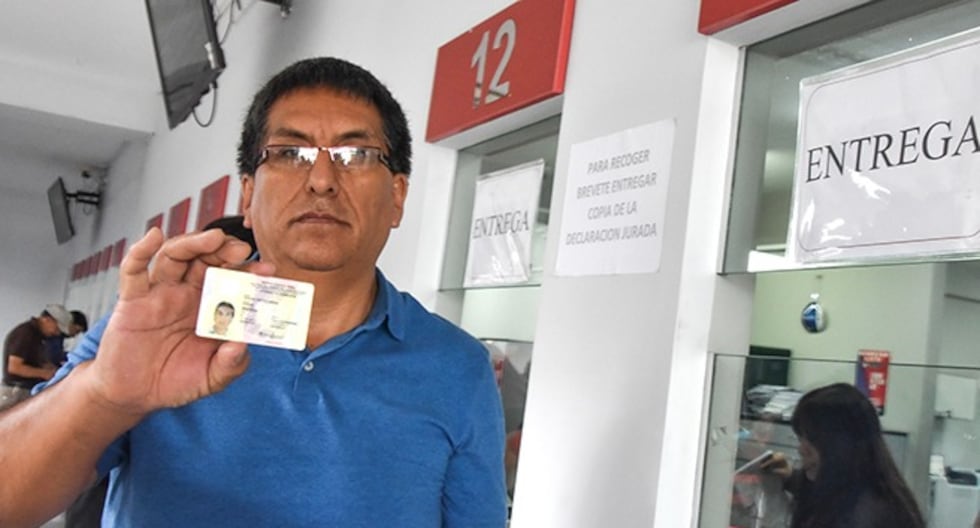AND
Last November 21 The President of Mexico announced her government’s water plan. Five days later, he signed the National Agreement for the Human Right to Water and Sustainability, with the presence of the members of his cabinet involved in the problem, all the governors and political leaders. Its central axis: the liquid stops being a commodity and becomes a right. Something established in the Magna Carta, which is not fulfilled. Nor guarantee water in the quantity and quality required by the population.
According to official data, 76 percent of the water resource is demanded by agriculture, the urban sector 15 percent, and industry and the energy sector 9 percent. The plan contemplates four axes: 1) water policy and national sovereignty; 2) mitigation of environmental impact and adaptation to climate change; 3) justice and access to water, and 4) comprehensive and transparent management. A fundamental step will be the review of the current concessions, which until today benefit economic and political interests. A National Registry of Water for Wellbeing is created to concentrate all the information in a single, transparent, and corruption-free database.
In addition, it is sought that, after a delay of 12 years, the Legislative Branch approves a new General Water Law, which replaces the current obsolete and privatizing law. If Morena and its allies relegated the incompetent Rosario Piedra Ibarra to the National Human Rights Commission, they must do so soon with something so fundamental.
Other promises: 1) restore and clean up rivers, starting with the three most contaminated: Lerma-Chapala-Santiago, Atoyac and Tula; Something similar was announced in the last six six-year terms and today they are worse; 2) modernize more than 200 thousand hectares of irrigation, which will allow more food to be produced with less water. At the same time, improve and expand the obsolete hydraulic infrastructure, and 3) carry out 16 strategic projects that include the construction of dams in Sonora, Baja California, Durango, Hidalgo, Zacatecas, San Luis Potosí and Oaxaca; a desalination plant in Baja California; flood protection and aqueduct works; a comprehensive plan for Acapulco and another for Mexico City, Hidalgo state of Mexico, Puebla, Morelos, Querétaro and Tlaxcala.
This great and urgent agreement and its hydraulic projects are globalizing and with concrete and urgent actions and objectives. The past six government terms also announced plans on the matter. They were not fulfilled. For this reason, the current administration faces a serious water problem due to the concentration of the resource in the hands of powerful users, overexploitation and contamination of water sources, and shortages in the populations.
One of the projects announced months ago and that arouses criticism is the construction of three new dams in the Sonora River bed: in Sinoquipe, Puerta del Sol and Las Chivas de San Miguel de Horcasitas. El Colegio de Sonora researcher Rolando Díaz Caravantes exemplifies the drawbacks of these works with what happened with the El Molinito dam, built in 1991, intended to prevent flooding in the city of Hermosillo and increase agricultural crops. But this work altered the regional ecosystem, reduced the riparian vegetation and the livelihoods of the agrarian communities located downstream. If in 1993 they planted almost 9 thousand hectares, there were only 3 thousand in 2011. In addition, water is scarce for human consumption, as in the local communities El Molino de Camou, San Bartolo, San Juan, La Victoria or Mesa del Seri.
In 2008 it was learned that the priority use of El Molinito was actually to supply water to the city of Hermosillo through an aqueduct. There would be enough water for the next 50 years. Then, in 2010, with the Sonora Sí program another 50 years. A century then. However, that city has severe water shortages. Not because of a shortage, but because half of the water injected into the distribution network is lost in the conduction systems.
I believe that new works must be evaluated by specialists with complete clarity in the environmental, economic and social fields. And the effective participation of the possible beneficiaries and, of course, those affected. Something that federal and state official bodies do not usually do.














